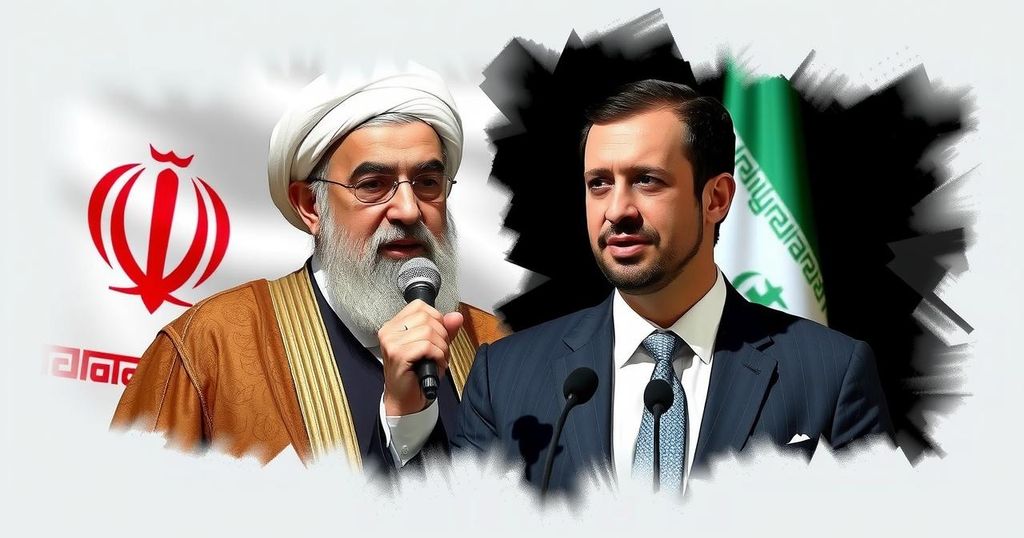Ahmed Al-Shara, the de facto Syrian leader, has condemned Iranian interference in Syria, advocating for the country’s sovereignty. He expressed a desire for constructive relations with the global community, emphasizing the need for independence from foreign meddling. Al-Shara announced plans to integrate Kurdish forces into the military and criticized Iran’s destabilizing actions. The withdrawal of Iranian-backed forces signals Tehran’s diminishing role in Syria as the transitional government focuses on rebuilding and regional relations.
In a recent interview with Al-Arabiya, Ahmed Al-Shara, the de facto leader of Syria following the fall of Bashar al-Assad, has sharply criticized the Iranian regime for its continued meddling in Syrian affairs. Al-Shara, who previously led Hayat Tahrir al-Sham, emphasized that the Syrian populace liberated their nation and urged for a review of Iran’s interventionist policies. He articulated a clear desire for productive relations with regional and global powers, contingent on Iran ceasing its interference.
Al-Shara remarked, “We did not enter Tehran or southern Lebanon; we entered our own cities and villages,” thereby dismissing Iran’s influence in Syria and affirming that the Syrian government has acted to close Iranian-affiliated bases. Additionally, he challenged Supreme Leader Ali Khamenei’s claims regarding the absence of Iranian proxy forces in Syria, describing these statements as divisive and detrimental to the transitional government in Damascus.
Highlighting the historical context, Al-Shara stated, “Iran’s actions amount to historical vengeance,” illustrating the deep-seated resentment towards Iran’s role in the conflict. Despite the existing challenges faced by the transitional Syrian government, including its relationship with Kurdish forces, Al-Shara announced integration plans for Kurdish entities within Syria’s defense ministry, stressing the importance of security and development.
Moreover, the withdrawal of numerous Iranian-backed forces indicates Tehran’s diminishing influence and failure to stabilize Assad’s regime. Al-Shara condemned the regime’s damaging policies and articulated the Syrian people’s aspiration for a peaceful and sovereign future. With a focus on rebuilding national infrastructure and fostering regional alliances, the Iranian regime’s interventionist tactics encounter increasing opposition both within Syria and internationally.
The ongoing conflict in Syria, which has persisted for over a decade, has deeply involved external actors, most notably Iran, which has supported the Assad regime through military and logistical means. As regime dynamics evolve, particularly following the fall of Bashar al-Assad, Syrian leadership is seeking to rid the nation of foreign influences, particularly from Iran, and is focusing on restoring national sovereignty and stability. Ahmed Al-Shara represents this shift in leadership, advocating for an independent and self-governing Syria without external interference.
Ahmed Al-Shara’s remarks underscore a significant rejection of Iranian interference in Syria, demonstrating a collective desire among the Syrian people for autonomy and constructive international relations. As Iran’s influence wanes, the transitional government is poised to focus on national rebuilding and security, aiming to foster stronger ties within the region. This shift indicates a broader trend towards self-determination for Syria in a post-Assad era.
Original Source: www.ncr-iran.org






